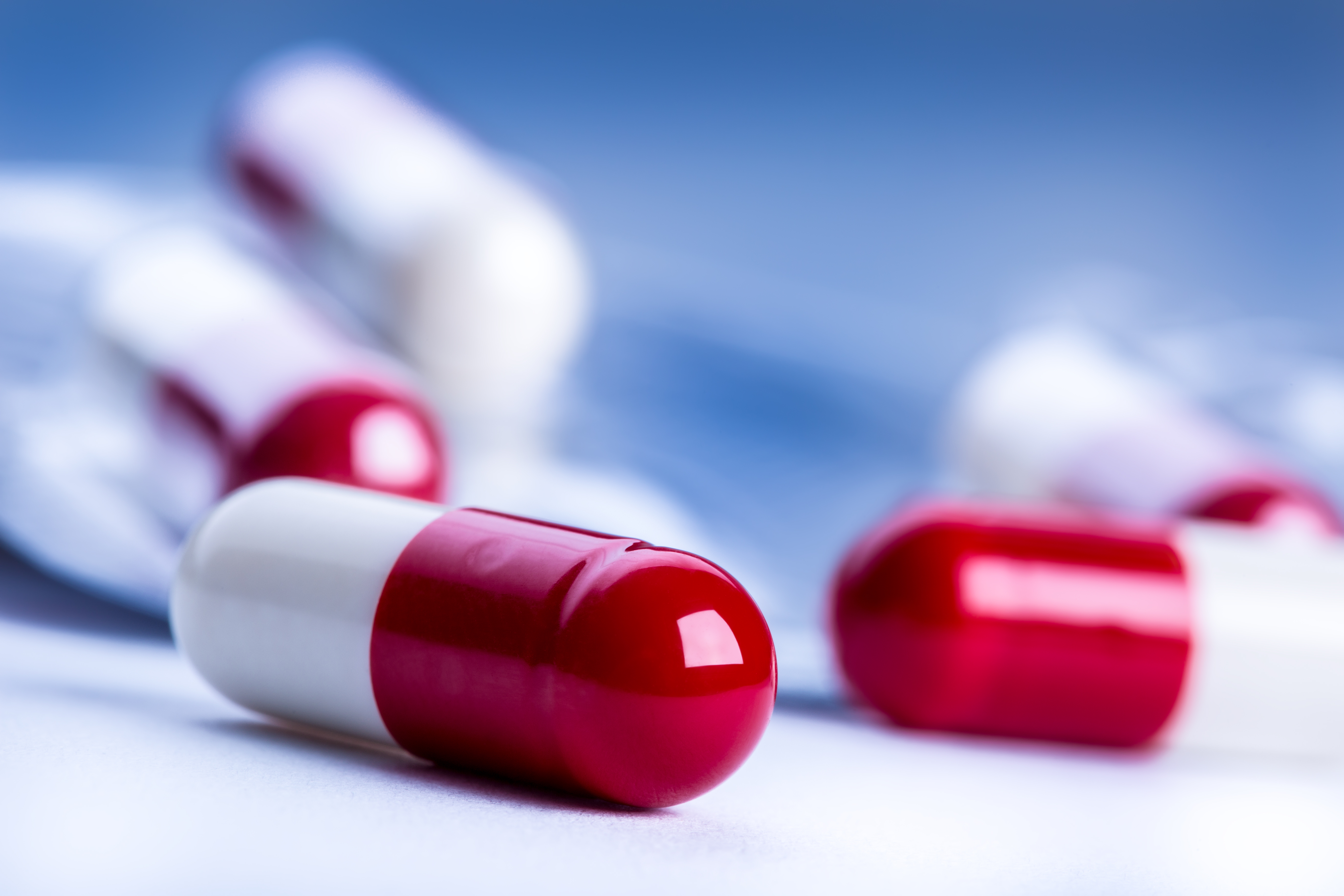Probiotic Oral Bacteria, Altered to Produce Peptide, Shows Promise in Treating Pulmonary Hypertension

Rats with induced pulmonary hypertension (PH) and all its symptoms that were then treated with a modified strain of Lactobacillus, a probiotic bacteria engineered to produce a specific oral peptide, showed a reversal in those symptoms: reduced blood pressure, reduced heart wall thickness, and improved heart contractility.
The results were recently presented at the American Heart Association’s Council on Hypertension 2016 Scientific Sessions, held in Orlando, Florida.
“It is known that the peptide Angiotensin-(1-7), or Ang-(1-7), is beneficial for the treatment of pulmonary hypertension in animal experiments. But taking this peptide orally hasn’t been effective because it’s easily degraded in the stomach,” Colleen Cole Jeffrey, MS, a graduate research assistant in the department of Physiology and Functional Genomics at the University of Florida in Gainesville, said in a press release. “To overcome this obstacle, we genetically engineered strains of Lactobacillus, a probiotic bacteria, to express and secrete Ang-(1-7). And in an animal study, we tested whether oral feeding of these modified bacteria would effectively treat pulmonary hypertension.”
Researchers measured the thickness of the heart wall in PH rats, as well as its ability to contract, after treatment with the modified Lactobacillus. They also measured the systolic blood pressure in the animals’ right side of the heart, an indicator of PH.
“All the animals with pulmonary hypertension had elevated blood pressure, increased heart wall thickness, and decreased cardiac contractility compared to normal animals,” Jeffrey said. “However, the group of pulmonary hypertensive animals that were fed with the Ang-(1-7) probiotic had a 43 percent reduction in blood pressure, a 33 percent reduction in heart wall thickness, and a significant improvement in heart contractility, compared to the untreated animals with pulmonary hypertension.”
Although the results are experimental, the researchers believe that they show that probiotics can be customised for oral delivery of beneficial peptides, such as Ang-(1-7). The findings further suggest that consumption of these altered probiotics may be used to treat PH and associated right heart complications.
“Certainly, there is still much more work to be done,” said Mohan Raizada, PhD, the study’s principal investigator. “But if our animal data holds true in clinical trials, probiotic consumption, as well as the use of genetically-modified probiotics, may emerge as a novel therapeutic approach for pulmonary hypertension therapy – either as standalone treatment or in conjunction with other medical therapies.”
PH is a life-threatening disease marked by an increase in blood pressure in the lungs that makes breathing exceedingly difficult, even while performing relatively simple tasks. In patients with PH, the arteries feeding blood from the heart to the lung are damaged and become narrow, causing blood flow to decrease and straining the right ventricle. Currently there is no cure for PH,but symptoms can be controlled and disease progression slowed.







